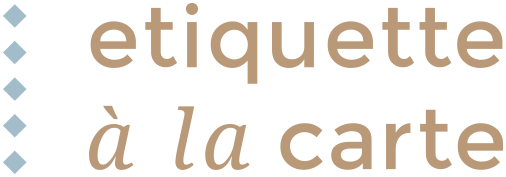Election Day
‘Why a Canadian girl like me is not entitled to vote in that civilized country of yours?’ It was not the first time that Lisa raised the subject with her colleague Karlijn. ‘All my friends living in The Hague will be going to the polls on 21st March even those without a Dutch passport. Look at Dorothy, who voted already for the municipal council here, four years ago, it’s not fair!’ Karlijn smiled ‘the problem is not you being Canadian, but your American friend has been living for ages here, whereas you arrived only 3 years ago. I don’t know how things in Canada are, but in The Netherlands, a non- EU citizen must have legally resided without interruption, for five years’.
It was a sunny day and they were having their daily sandwich sitting on a bench overlooking Plein, not far from the statue of Willem van Oranje. For Karlijn, as a citizen of the Hofstad, life was an easy ride, whereas Lisa had been changing countries her whole life. A ‘born expat’ she often introduced herself.
‘I don’t like this feeling of being excluded, if only for the polls. It’s the same with my Spanish boss who doesn’t give a damn about my opinion’. Vigorously Lisa bit in her sandwich while Karlijn was thinking of Mieke. ‘Funny, but a good Dutch friend of mine who lives in Paris feels as isolated as you, not only on election days but even more in her company where, in spite of being a manager, she is rarely invited to give her personal view. It has to do with hierarchy and power distance’.
Geert Hofstede (1928 – ), a former Dutch Intercultural Professor at Maastricht University was the first to conduct important studies about the influence of culture on the values at the workplace. In the seventies he created his famous ‘Model of 6 dimensions of national culture’, Power Distance, dealing with the in-equal distribution of power in a country, company or organisation and the consequences on management, being one of them. In a low power distance culture, like in The Netherlands or Canada, superiors are accessible in a, let’s say for convenience created hierarchy. Staff is independent with equal rights and employees expect to be consulted. Communication is direct and participative. But when, conversely power distance is high, like in France or with Lisa’s boss from Spain, a fair degree of inequality is accepted by subordinates waiting to be told what to do. Their superiors have privileges and are often inaccessible. No wonder that Lisa is so unmotivated.
Inequality is unbearable for Lisa who shouldn’t mix up however, management in her company and the Dutch political system because of rules to be respected in her host country. Another dimension I will soon be talking of is Uncertainty Avoidance, explaining the necessity of rules.
To finish I would like to quote British Professor of Economics at Oxford University, Sir Paul Collier (1949 – ) who said : ‘Elections determine who is in power, but they do not determine how power is used’.

